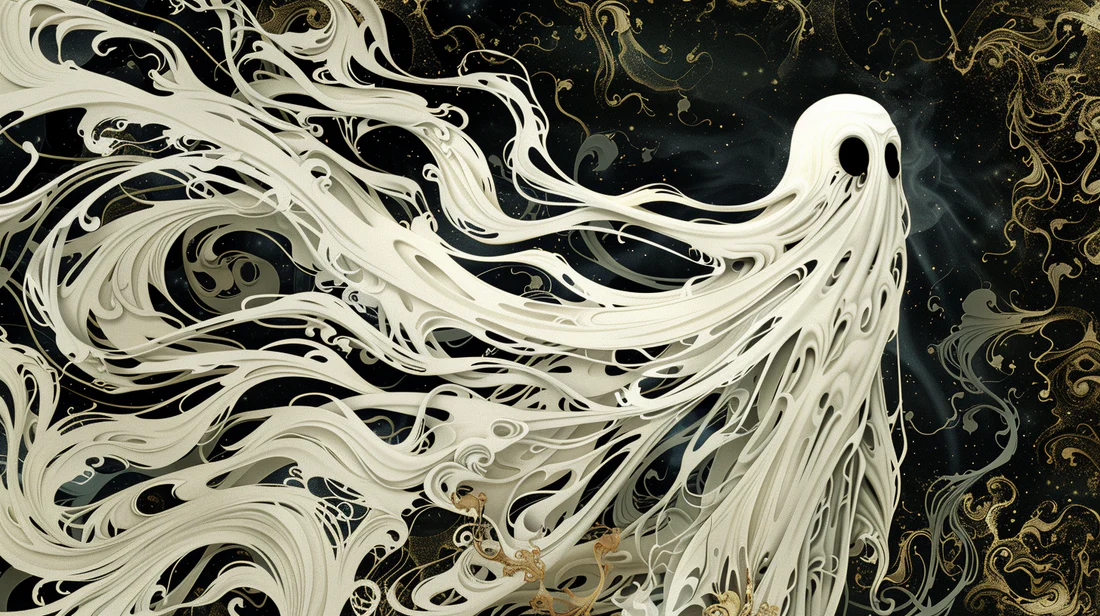
Ghost Clipart: From Quaint Art to Pop Culture Phenomenon
Partager
Clipart has long been a staple in both personal and professional media projects, providing an easy way to add visual elements without the need for original artwork. Among the myriad themes and subjects, ghost clipart holds a unique place, merging the eerie allure of folklore with modern design. This article explores the evolution of clipart, the iconic influence of the "Ghostbusters" movies, and the enduring appeal of these spectral images.
The Evolution of Clipart
Clipart originated in the early days of the printing press, but it was the advent of personal computing that truly revolutionized its usage. Initially, clipart was included in printed form in books and magazines, which designers and publishers would physically cut out and paste onto their layouts. As computers became household items, digital clipart emerged, making it easier to integrate graphics into documents and presentations. The 1980s saw a boom in digital clipart, facilitated by graphic software and the proliferation of personal and office computers.

Ghosts Enter the Mainstream: The "Ghostbusters" Effect
Ghost clipart gained significant pop culture traction following the release of the "Ghostbusters" movies. The films not only popularized the concept of ghost hunting but also turned the ghost symbol—particularly the distinctive "no ghosts" logo—into an iconic image recognized worldwide. This logo, featuring a playful yet forbidden ghost caught in a red prohibition sign, encapsulated the film's blend of humor and horror, making it a popular clipart choice for Halloween decorations, party invitations, and even marketing materials.
Modern Uses of Ghost Clipart
Today, ghost clipart is widely used during Halloween season as well as for thematic events concerning the paranormal. The versatility of these images allows for various applications, from light-hearted, cartoonish representations to more gothic and eerie versions suitable for different age groups and contexts. Educational materials might use ghost clipart to add a fun element to learning about myths and superstitions, whereas entertainment sectors incorporate them into event promotions and digital content to attract audiences with a penchant for the supernatural.

Conclusion: An Undying Appeal
The fascination with ghosts transcends cultures and generations, manifesting in the continual demand for ghost-themed clipart. The evolution from simple, rudimentary designs to sophisticated digital artworks mirrors the progression in graphic design technology and cultural trends. Whether it's in celebration of Halloween, for a ghost-themed event, or simply to add a spooky flair to a project, ghost clipart remains a popular and versatile choice, proving that some trends might fade, but ghosts never truly disappear.
#GhostClipart #SpookyArt #HalloweenClipart #CuteGhosts
